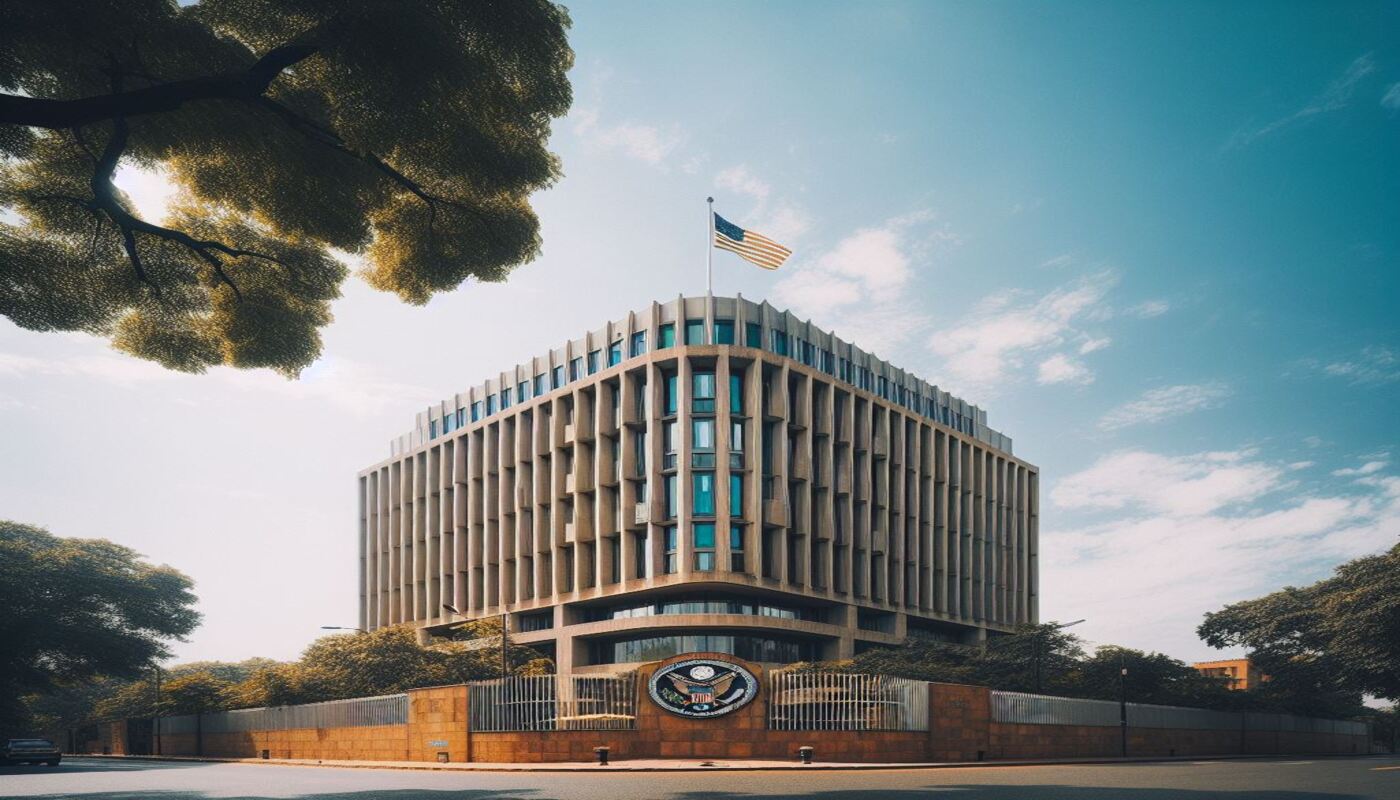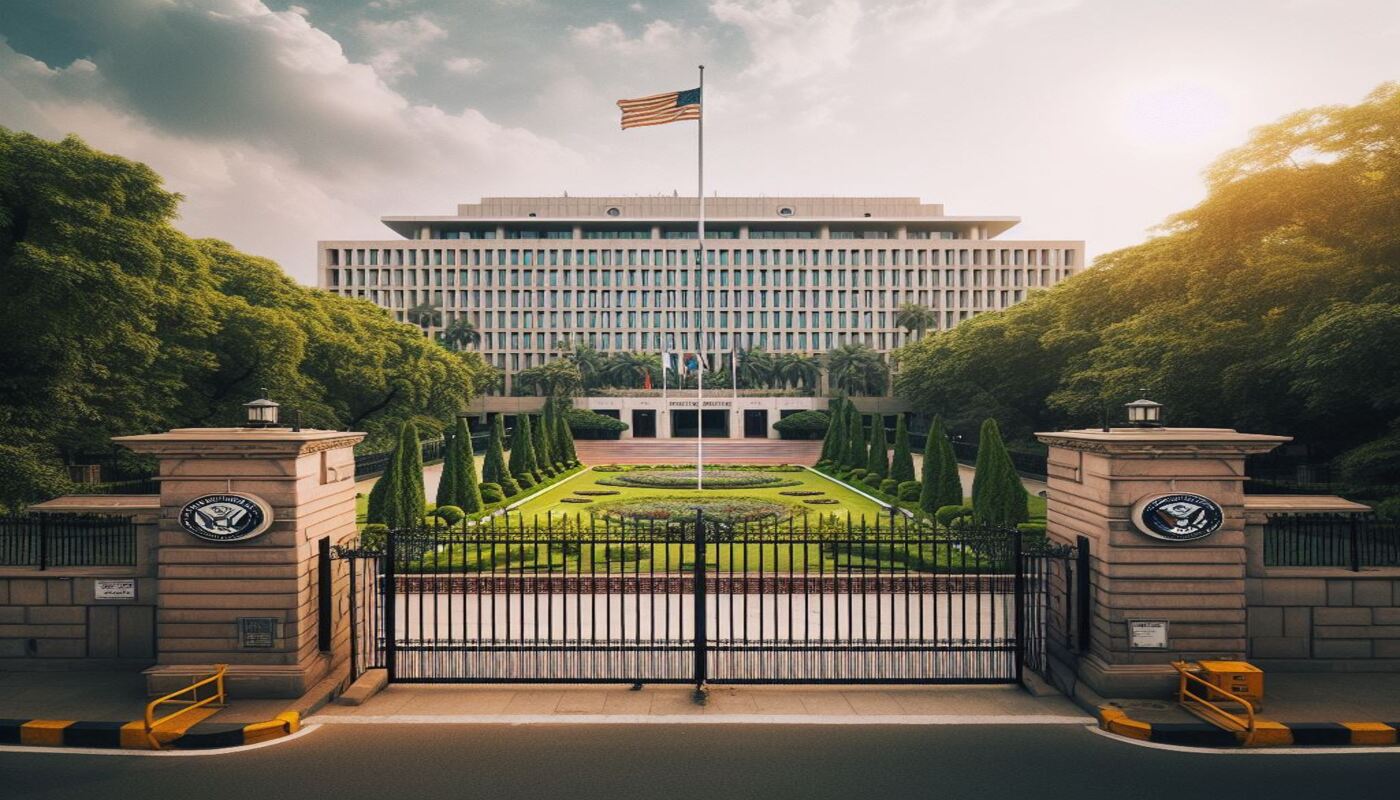The UK government is embroiled in a contentious bid to send asylum seekers to Rwanda, a move subject to heated debate and legal challenges. Initially proposed as a strategy to deter illegal immigration, the plan has encountered significant hurdles, including a recent Supreme Court ruling deeming it unlawful.
Under the proposed scheme, asylum seekers arriving in the UK could be transferred to Rwanda for processing, with the possibility of being granted refugee status or seeking asylum in a “safe third country.” However, the Supreme Court ruled that the plan violates human rights conventions and raises concerns about Rwanda’s treatment of refugees.
In response to the court’s decision, the government introduced legislation to circumvent legal barriers and affirm Rwanda as a safe country for deportations. Despite opposition from MPs and legal experts citing breaches of international law, the bill has progressed through the House of Commons and is pending final approval in Parliament.
Alongside legislative efforts, the UK government signed a migration treaty with Rwanda, aiming to address concerns over the safety and monitoring of relocated individuals. However, critics remain skeptical, questioning the legality and ethical implications of the proposed plan.
The financial costs of the Rwanda plan have also sparked debate, with estimates suggesting significant expenditure for relocation and economic support. While proponents argue for long-term savings and efficiency in the asylum system, detractors highlight the potential human rights risks and taxpayer burdens associated with the scheme.
As the legislative battle continues, the fate of the Rwanda plan remains uncertain, with legal challenges and public scrutiny shaping the future of UK asylum policy.
Source: BBC


















